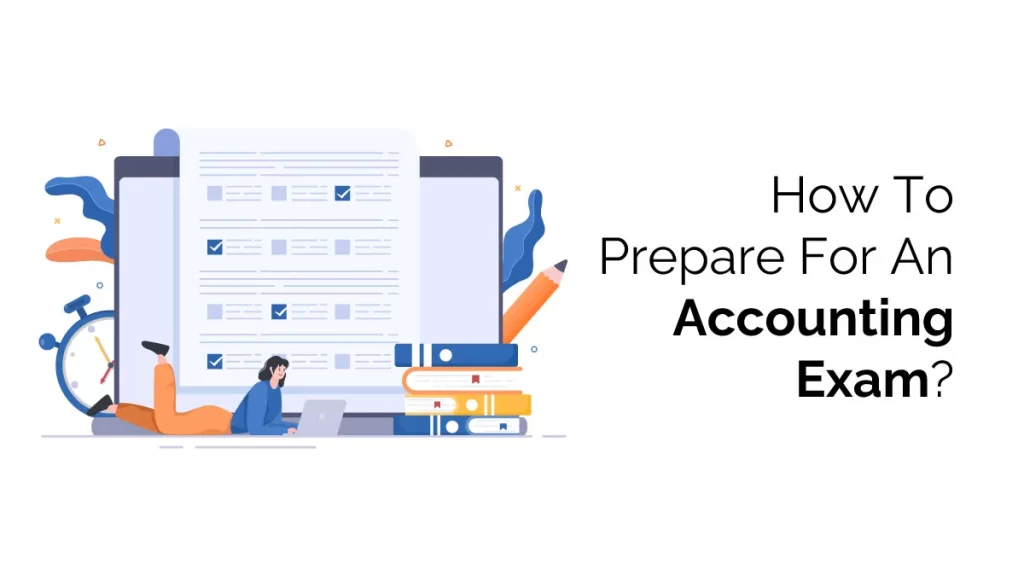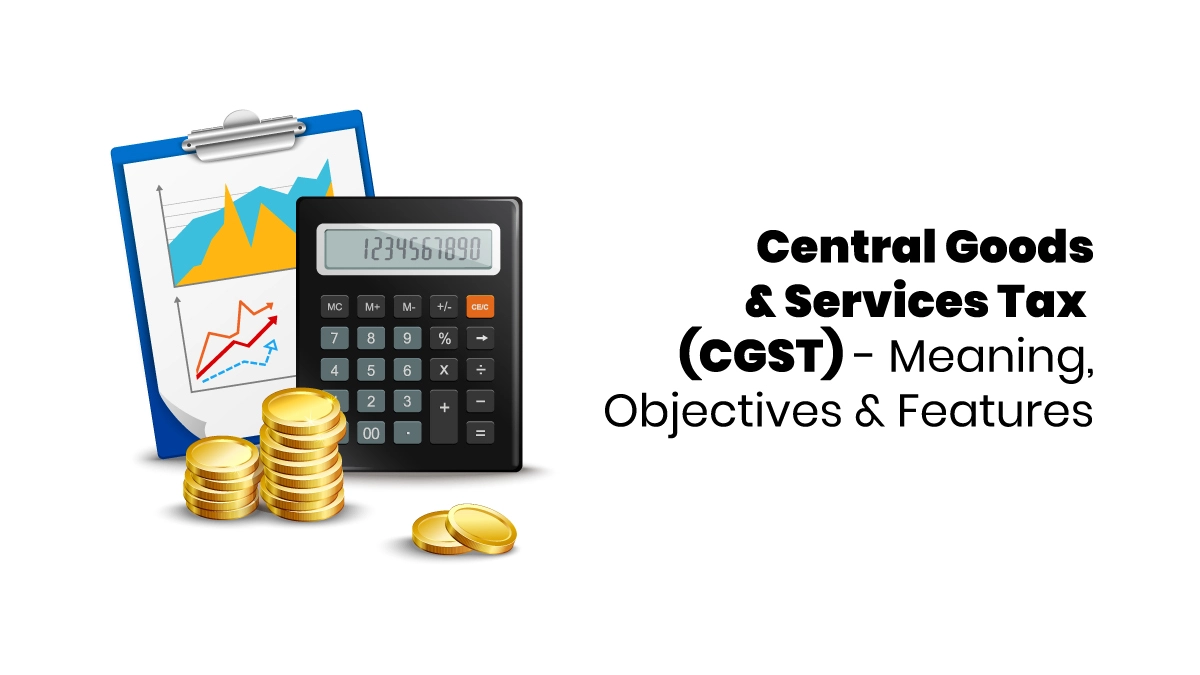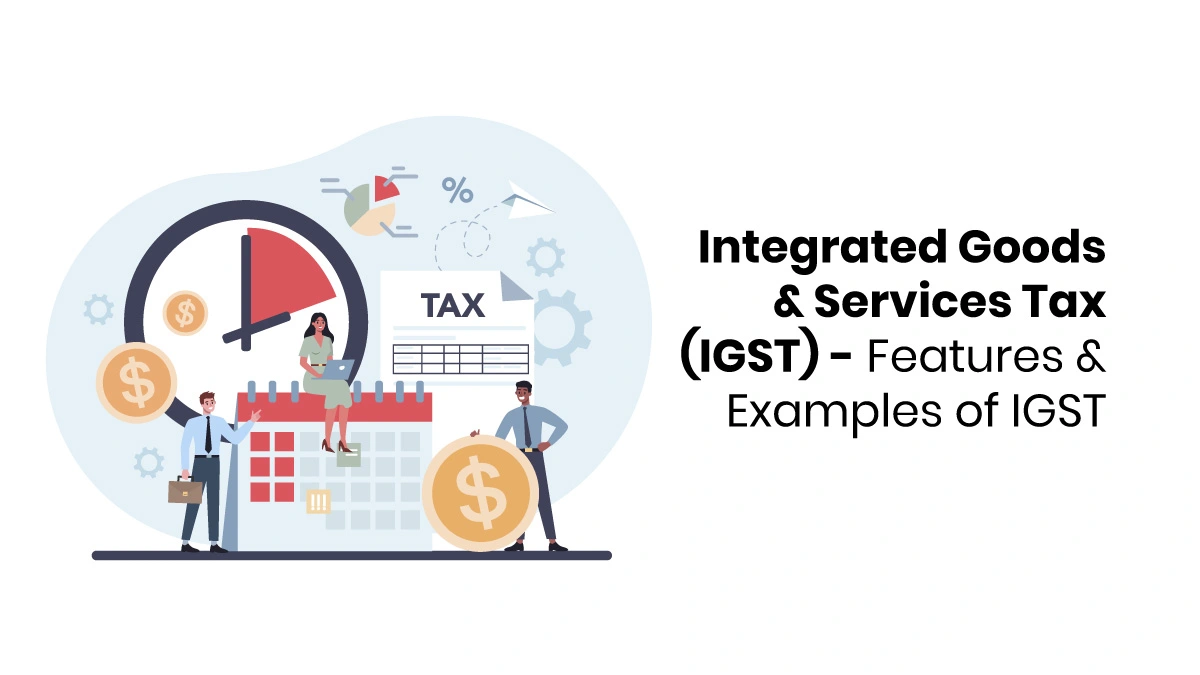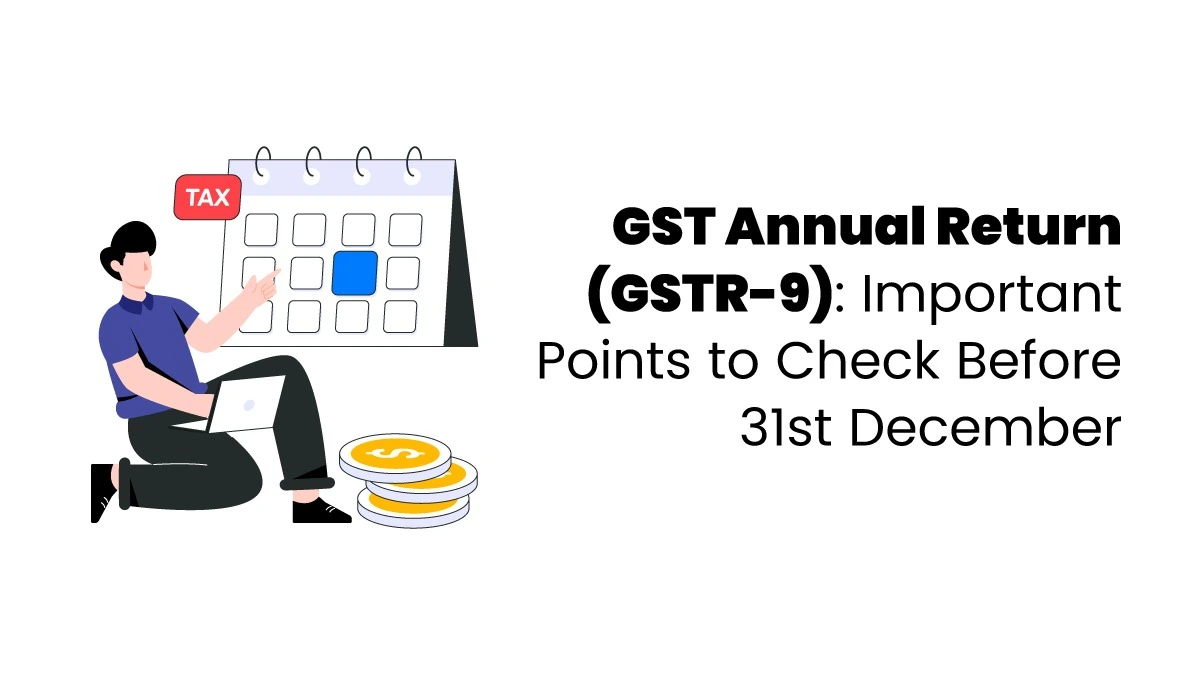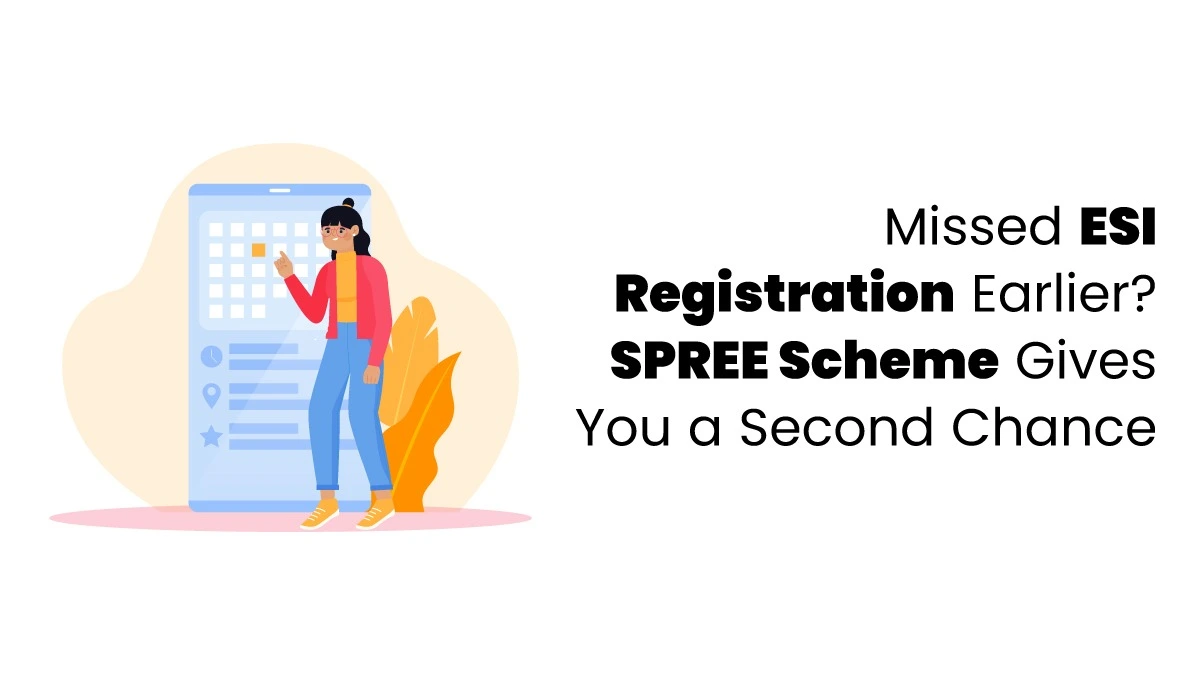Exams can feel like a horror movie: sleepless nights, over-tension, stress, and fear all starring in the show, right? But despite the turmoil they cause, exams remain an unavoidable hurdle on the path to success. For example, Accounting exams are a labyrinth of numbers, formulas, and principles that can overwhelm even the most diligent students. How to prepare for an accounting examination? Accounting exams can be a daunting experience for many students, as they require a high level of knowledge, understanding, and application of various accounting principles and concepts. Whether studying for your first accounting exam or preparing for a final exam, several strategies can help you succeed.
One of the most important things you can do to prepare for an accounting exam is to start early. This means studying consistently throughout the semester or term rather than trying to cram everything in at the last minute. Starting early gives you more time to review and reinforce important concepts and seek help if needed.
Let’s look into some important aspects you must consider while preparing for accounting exams.
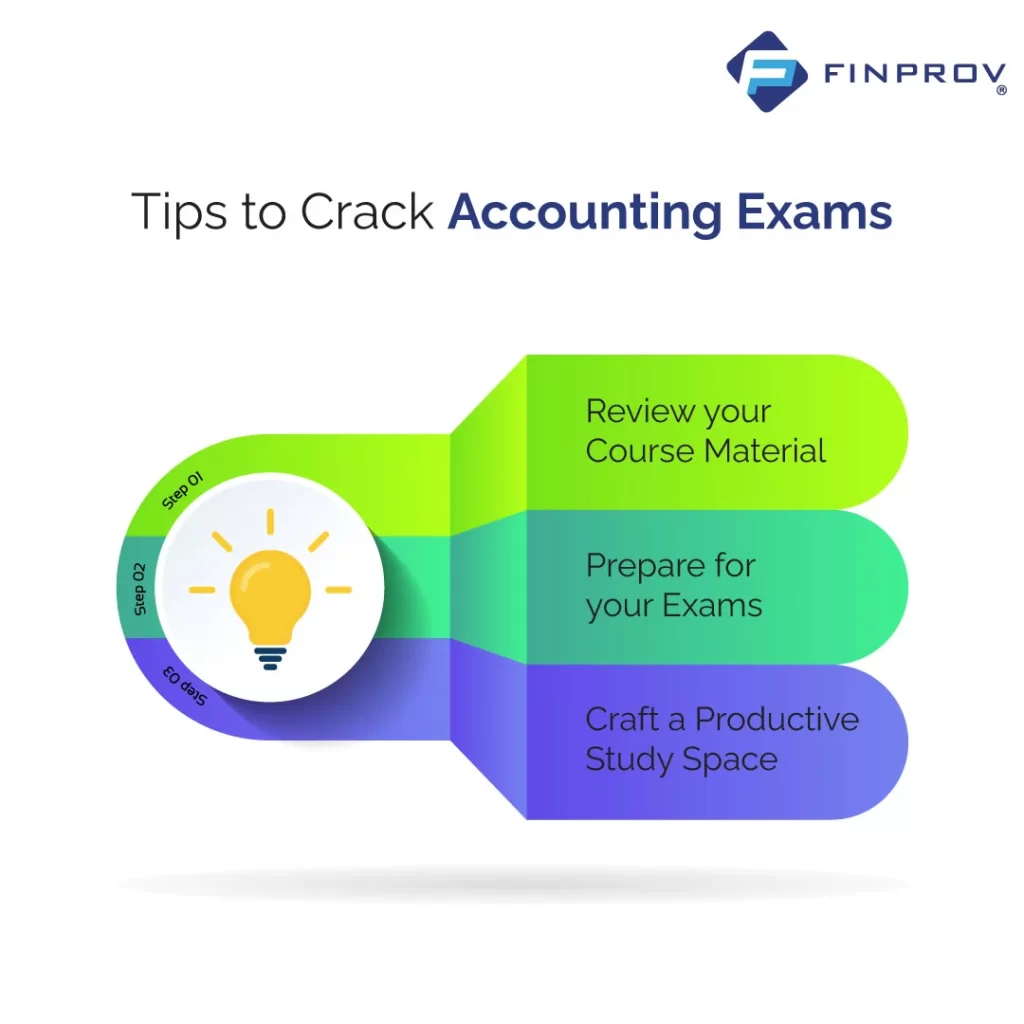
Review your Course Material
1. Follow up on the lessons
To prepare for an accounting examination, it is important to thoroughly comprehend the foundational ideas of accounting. Pay close attention to these ideas and efficiently implement them while also following the connections between each lesson as they are made. There will undoubtedly be a relationship between each topic and the others that shows how the accountancy classes relate to each other.
Carefully examine your class notes to ensure you have no questions left in the study area. Return to the accounting issues frequently, as this will improve your conceptual understanding and problem-solving abilities.
Feel free to seek assistance from your mentor if needed.
2. Understand the Concept
To make your accounting examinations and profession go smoothly and without stress, you must thoroughly grasp each end of the notion. This involves becoming familiar with accounting jargon and thinking logically about it. Asking “Why” can help you thoroughly understand the subject being studied.
Creating flashcards can help you remember the meanings of accounting words, and it is also beneficial to converse with your peers or mentor about a topic.
3. Practice Problem
If you want to pursue a career in accounting, it is crucial to comprehend the ideas and how they apply in practice. This may involve learning accounting concepts in challenging areas, resolving previous issues, identifying missing elements, and discussing solutions.
To excel in accounting, you must become properly familiar with important phrases and terminology used in the field.
4. Organize
Before you practice a problem, careful observation and consideration are required. Take time to refocus on the issue, the idea, and the information. Construct a precise strategy in your head before tackling the problem. Organising your ideas will also aid in relaxation during exams.
These steps involve designing a solution technique, practising identifying the pertinent information in a problem, and properly listing it.
5. Relating to a real-world scenario
You must understand the problem’s level of application and the notions’ applicability in the real world. It is crucial to be aware of the goal of learning ideas. Applying accounting principles to actual situations will aid in memory retention. They will be much simpler to recall when making connections to actual circumstances.
Exam Preparation
1. One must recognize the strengths and weakness
Most candidates and lecturers agree that accounting tests, such as the CPO, are extremely challenging and require intense preparation to obtain passing grades. Spending enough time on the questions and concepts you believe will be challenging to maximize your exam-taking strategy is advisable.
2. Key concepts should be studied
The exam’s questions might not be as straightforward or challenging as your homework assignments were. You need to have a solid understanding of the subject matter you’re studying since that will enable you to confidently approach exam questions and come up with the best answers. You can enhance yourself by regularly practising questions from non-textbooks. Also, you must perform additional drills where you need to improvise. Identifying the areas that have been emphasized and asking the lecturer and other students for assistance can help you succeed.
3. A proper review of each lesson
Before and after class, you must review each lesson thoroughly in the subject you are studying. You will be able to excel in the exam if you have a full understanding of the chapter. It is crucial to prepare before the lecture, and reviewing the material after classes is equally essential. This will help you fully comprehend only partially understood topics and give the necessary attention to certain parts. Making notes before entering the classroom and asking questions during class can be helpful. Reviewing your notes after class and revisiting the parts you struggled with will aid in preparing for your accounting exam.
4. Take a practice test
Gaining experience requires more than just understanding the fundamentals. Strong practice is necessary at the application level. The ideal preparation strategy consists of applying knowledge. Proper practice will also help you keep track of your time. Try to answer task-based questions in your practice tests.
Crafting a Productive Study Space
1. Choose a quiet place for work
You must avoid distractions in the study space you choose. You need a peaceful and quiet setting to comprehend the challenging topics and remember every lesson point. The best locations for fruitful study are the library and quiet study space. The quiet environment makes it easier to cover lengthy study material.
2. Gathering adequate materials
You need to create an environment where you feel any material resource shortage. You must maintain the necessary materials in front of you to prevent interruptions caused by looking for the supplies during preparation. You must arrange textbooks, pencils, study materials, past school assignments, and all the other resources. The notes and additional materials must be organized by topic or chapter.
3. Familiarize yourself with the test format
You can learn about the exam format by reviewing past exams or sample questions provided by your instructor. Continuous practice and preparation for mock exams can help you become more familiar with the types of questions and the time allotted for the exam.
4. Take care of yourself
Maintaining focus and endurance during an exam is crucial for success. Being in good physical and mental health is important. Eat nutritious food, drink plenty of water, and get enough rest. A healthy lifestyle can positively impact your preparation for the accounting exam.
5. Choosing a group study is a wise option
Studying with people makes it simple to maintain concentration and quickly assimilate information. You can set a specific objective with a group of motivated peers and give your studies your all. The study group helps clear your questions and boost your confidence before the accounting examinations.
By summarizing all the above aspects, it’s clear that you can approach your accounting exam with greater confidence and clarity by setting clear objectives, leveraging the knowledge, and setting a supportive study environment that helps you stay focused and absorb information quickly. To further enhance your preparation for the accounting exam, Finprov’s upskilling courses are an excellent resource. The upskilling courses are the best way to boost your confidence while preparing for an accounting exam. Personality development, professional development courses, time management training, language lab-like upskilling courses, and training with expert faculty members positively impact an aspirant’s professional life. Moreover, our accounting and taxation courses will contribute more to securing a stable career.

